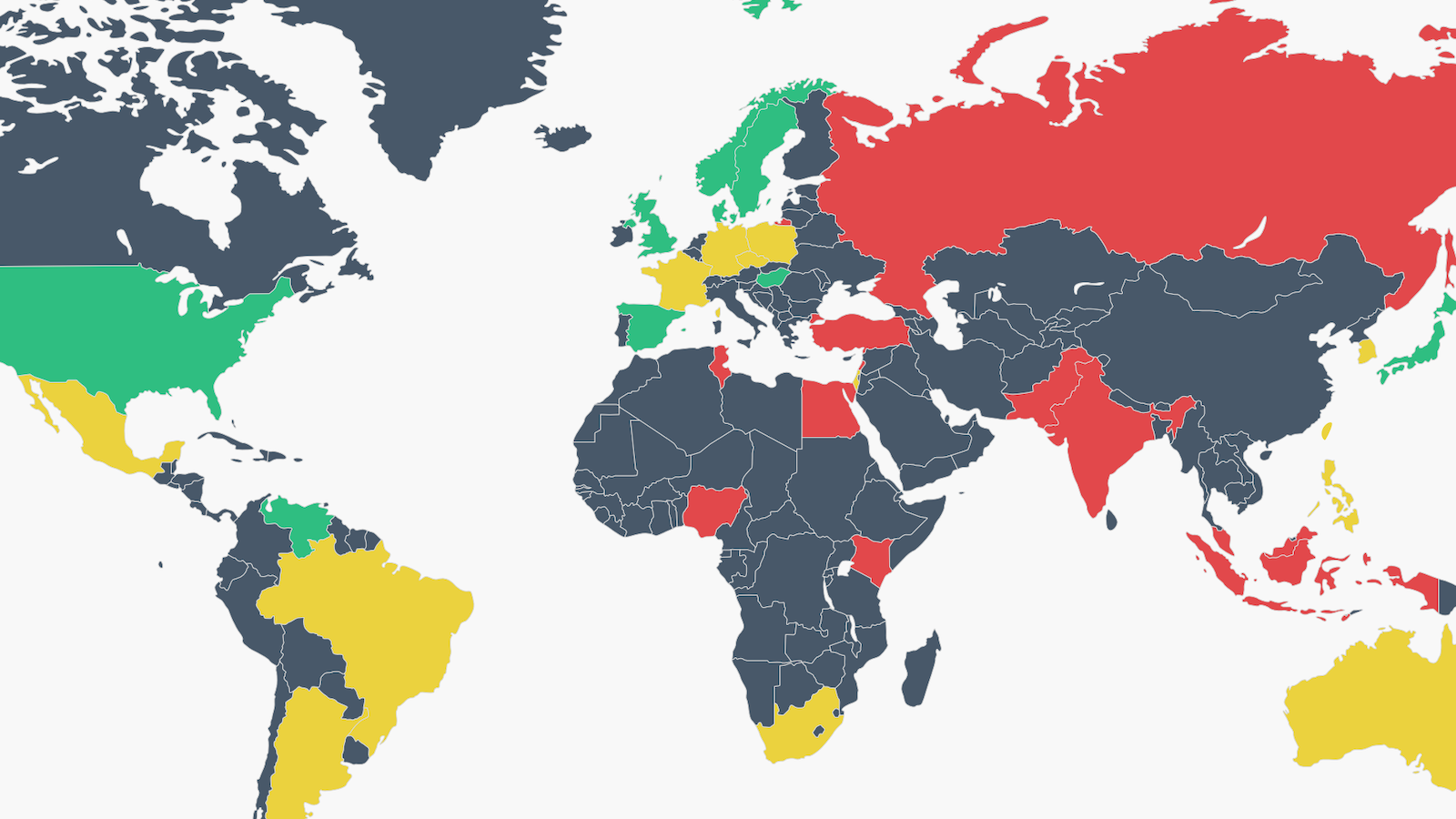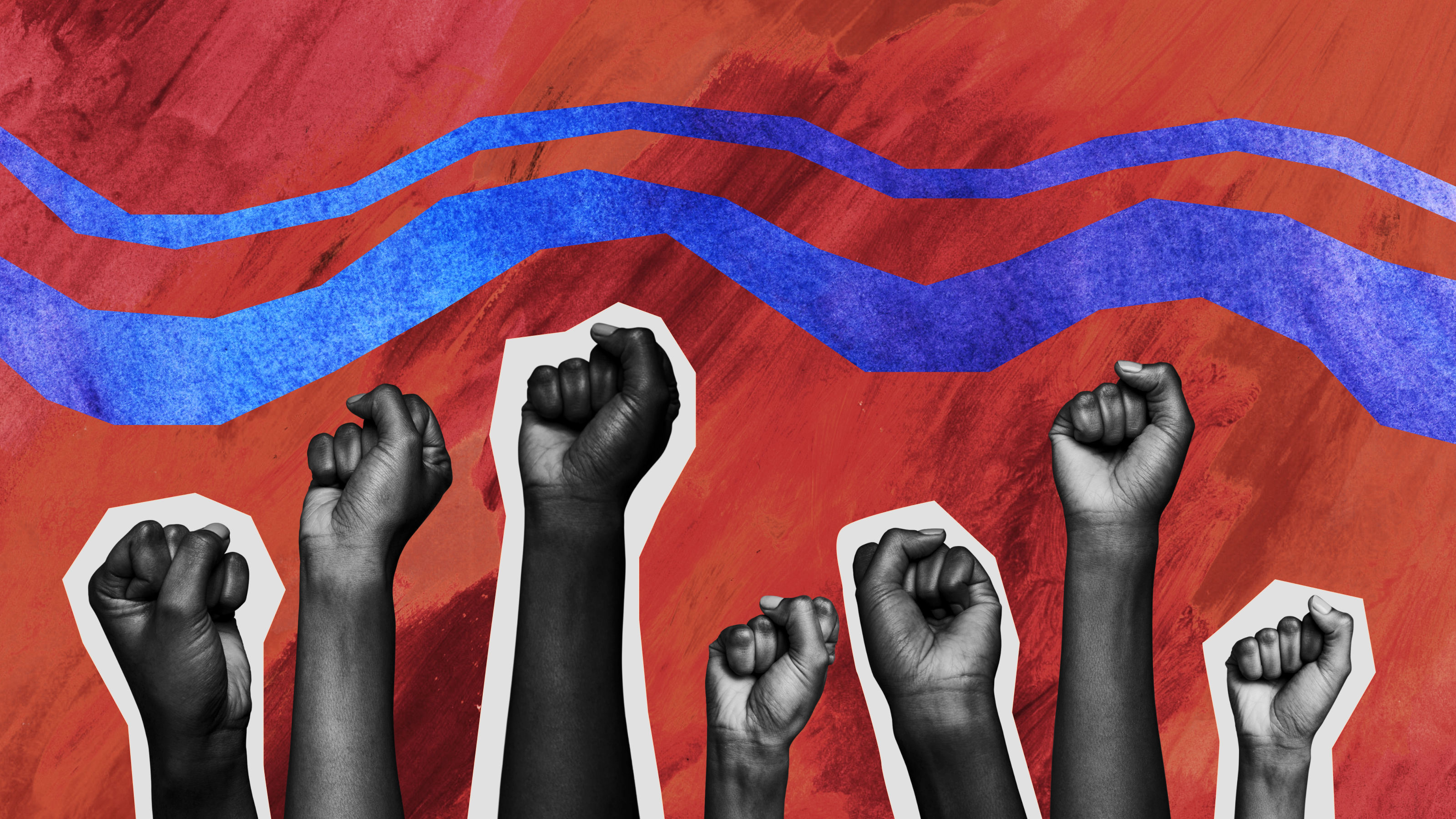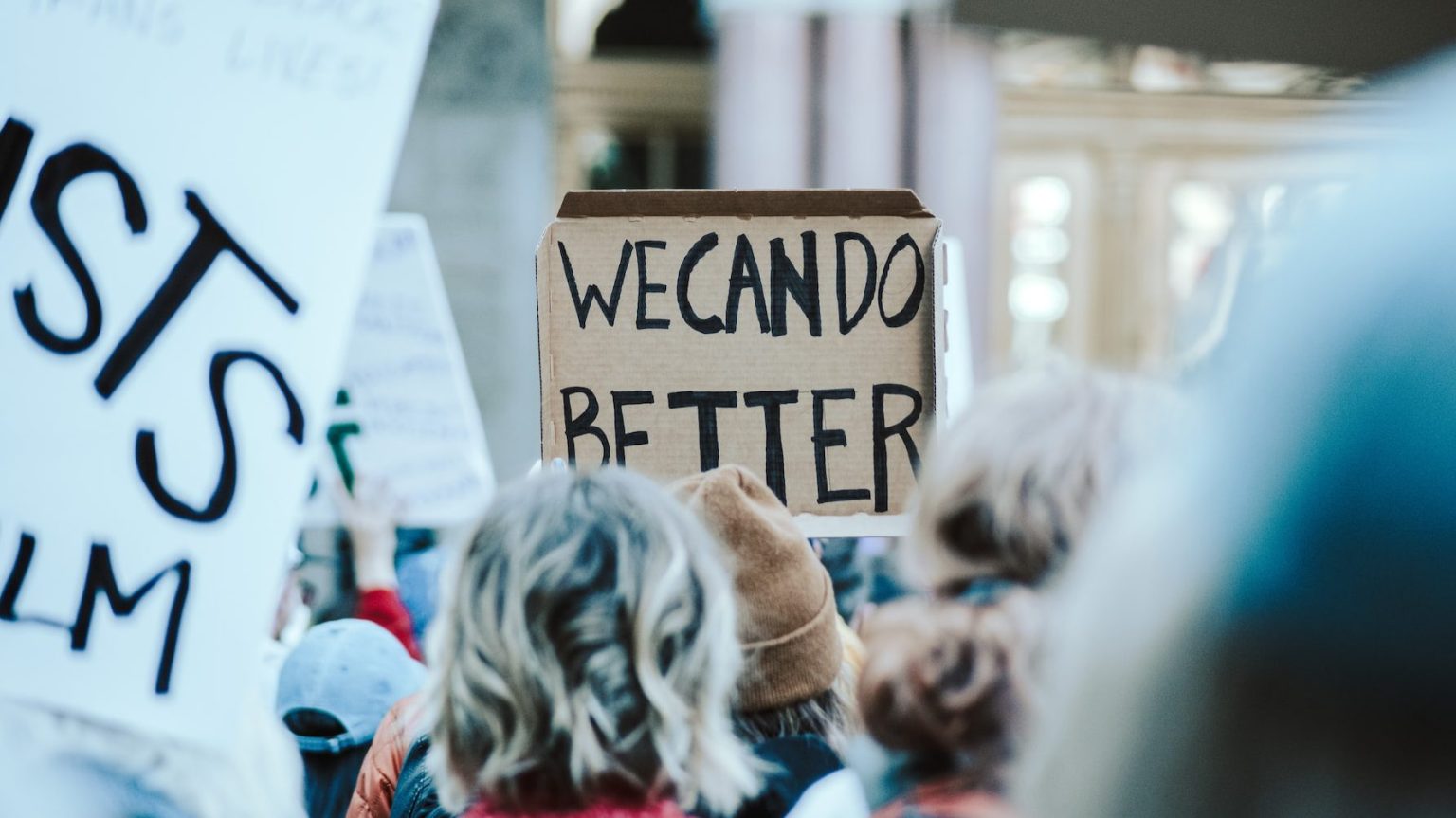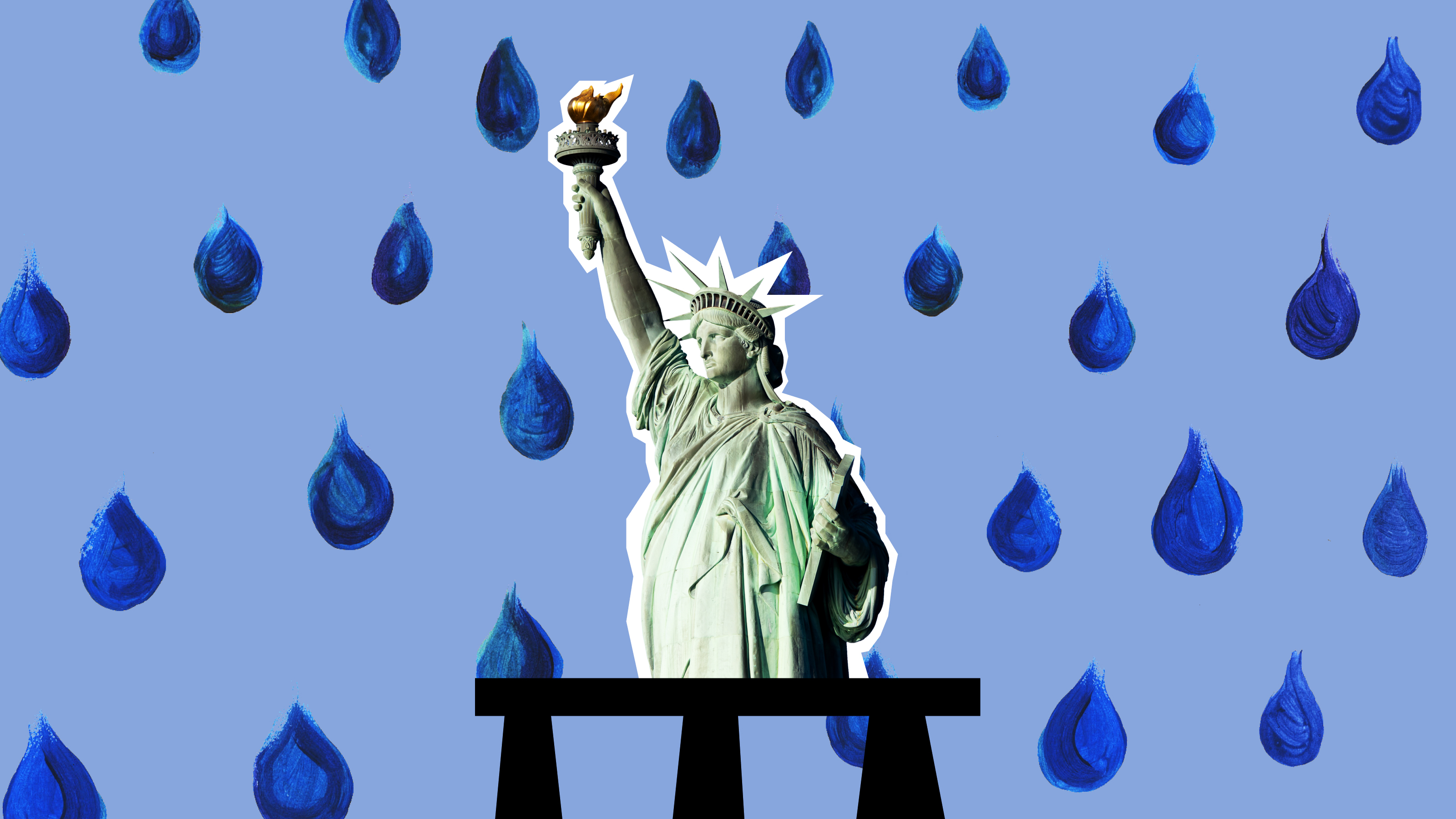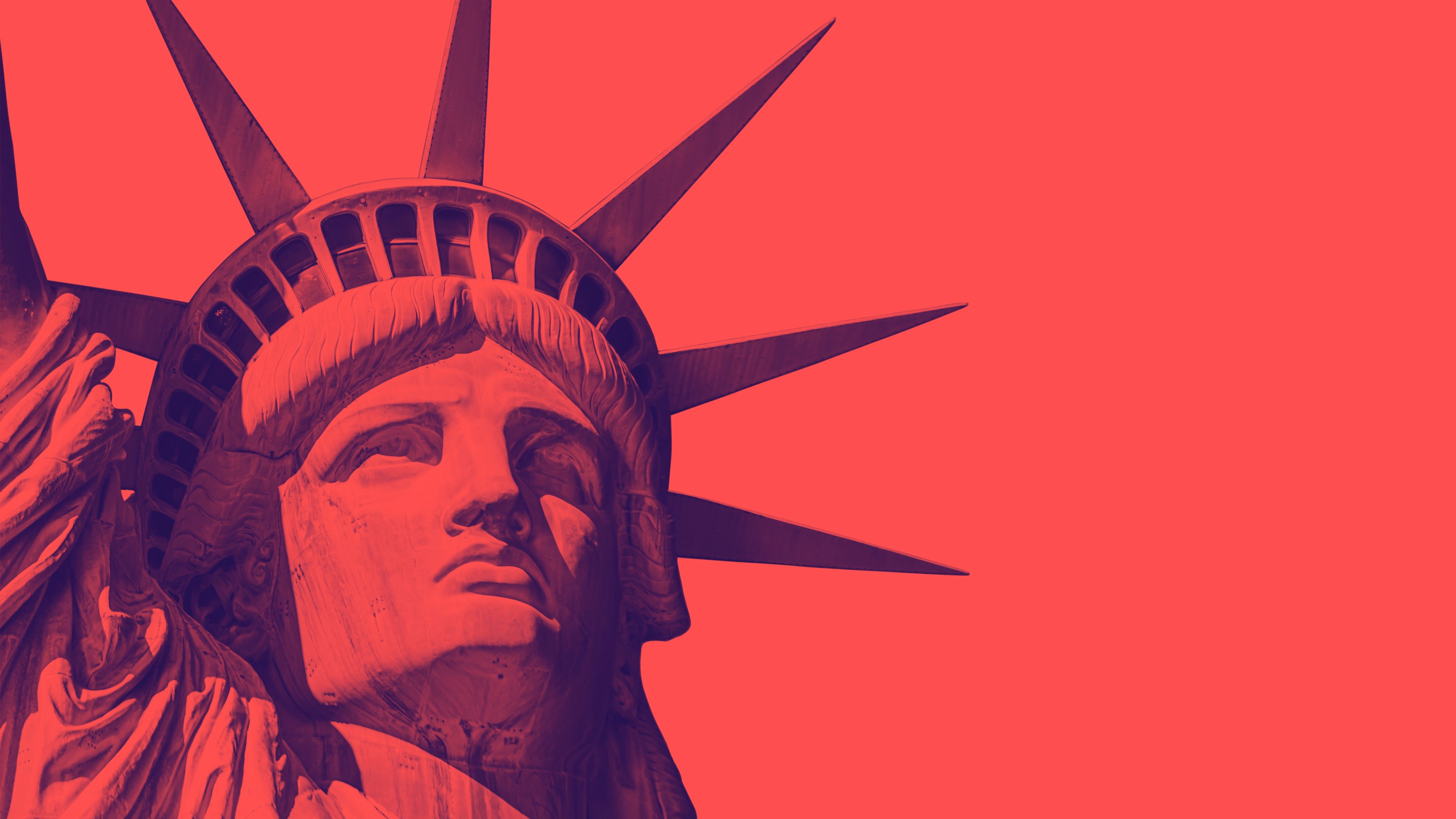$230,000: The price at which the average American would give up democracy
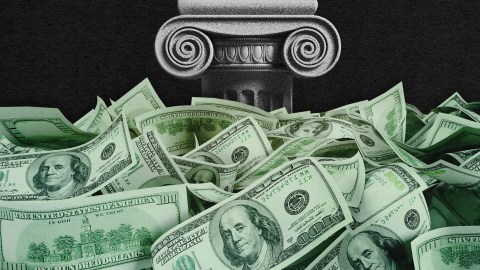
- Is there a monetary price at which you would give up the right to live in a democracy with free elections? There is.
- Researchers recently interviewed citizens of France, Brazil, and the U.S. Americans would give up democracy for an annual salary of $230,000.
- The results show that citizens of democratic nations place a high value on their freedom.
“Everyone has a price,” the cynical saying goes. In other words, there’s always an amount of money that would convince someone to do something they otherwise wouldn’t, like give up a prized possession, betray a friend, or behave immorally.
Researchers based out of Princeton University and the University of Barcelona recently explored whether this statement applies to democracy. Is there a price at which citizens of a country with free elections would give up their fundamental right to choose their representatives? The scientists’ findings, published November 20th in the Proceedings of the National Academy of Sciences, suggest there is indeed such a price — but reassuringly, it is quite high.
The value of democracy
Authors Alicia Adserà, Andreu Arenas, and Carles Boix surveyed 6,000 people in total — 2,000 each from the U.S., France, and Brazil. They presented these nationally representative groups with numerous pairs of hypothetical societies and asked participants to choose and rate which society they preferred. In each pair, there was a choice of a society without free elections. The societies were also varied by other metrics such as respondents’ personal monthly income, collective wealth, income inequality, and the presence of public health insurance.
The researchers were particularly interested in the interaction between individual income and the presence or absence of democratic elections. “Because we randomize the assignment of individual income, we can quantify the monetary value of democracy, that is, the price citizens demand to prefer a society without free elections,” they explained.
When the authors tallied the data, they discovered that respondents placed a very high value on democracy, far more than any of the other societal qualities. Participants from France and the U.S., whose countries each have hosted free and fair elections for over two hundred years, required raises of 236% and 219%, respectively, to choose to live in a non-democratic society over a democratic one. Participants from Brazil, whose country only returned to democracy in 1988, needed a 168% pay hike to give up the right to vote — slightly less, but still considerable.
To put America’s result into context, the average monthly income in the U.S. is roughly $6,000 (or $72,000 annually). Thus, the average American would need to make $19,165 per month ($230,000 annually) to choose to live in an authoritarian society rather than a democratic one.
Is democracy in trouble?
The results counter the prevailing media and societal narrative that democracy is endangered, the researchers say. An NPR/Ipsos poll conducted in late 2021 found that 64% of Americans believed U.S. democracy “is in crisis and at risk of failing.”
“A strong majority of our respondents seem unwilling to live in a society where leaders do not respect the fundamental tenets of democracy,” the authors wrote. “This, in turn, should make it hard for political incumbents to violate central democratic norms and institutions while sustaining their initial electoral coalition, at least in middle- and high-income democracies.”
Their findings join the frenzy of research on “democratic backsliding”, which has attracted lots of academic attention in the past five years. A survey of 2,200 Americans published in September 2022 showed that both Democrats and Republicans overwhelming believe in the tenets of democracy and were uncomfortable with the idea of subverting it for political gain. Another study published earlier this year, focusing on democracy worldwide, found that incumbent politicians across the globe continue to lose and peacefully transfer power at rates consistent with past rates.
That doesn’t mean that citizens of democratic nations shouldn’t remain vigilant. In a recent expert panel discussion hosted by Yale University, Susan Stokes, the Director of the Chicago Center on Democracy at the University of Chicago, noted two pernicious trends occurring in the U.S. over the past eight years.
“The U.S., like about two dozen other democracies around the world, has experienced a decline in both horizontal accountability, which means the ability of coequal branches of government to monitor and influence the actions of the executive branch, and vertical accountability, by which we mean the ability of voters to be well-informed, and to use elections to make decisions about who their leaders are going to be.”
If the public allows politicians and parties to further this erosion, Stokes and other experts are concerned that democratic systems could be hollowed out, leaving many countries democracies in name only.
